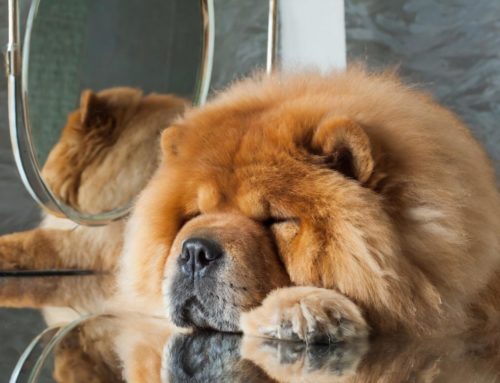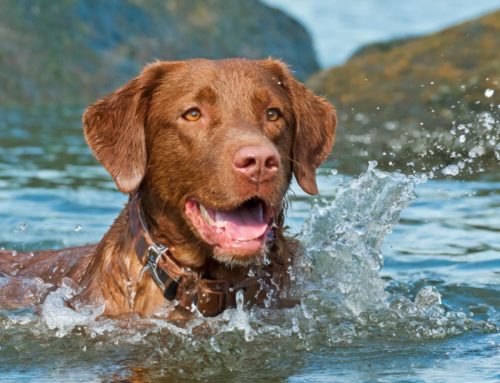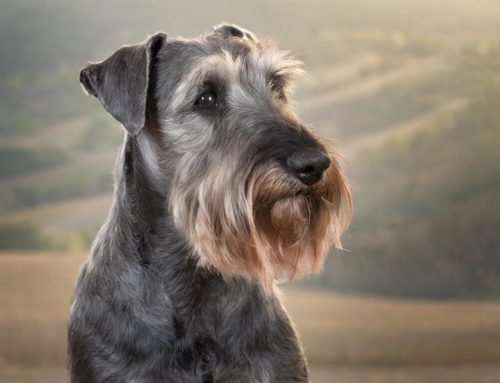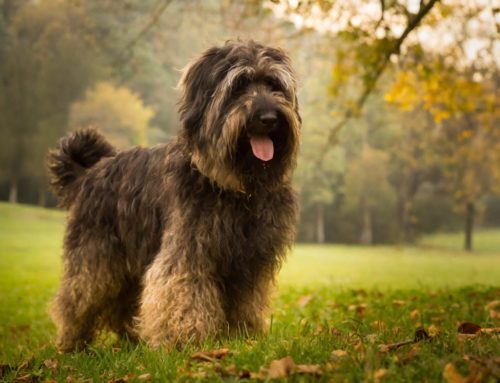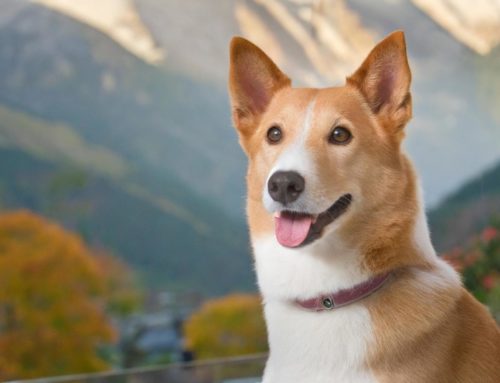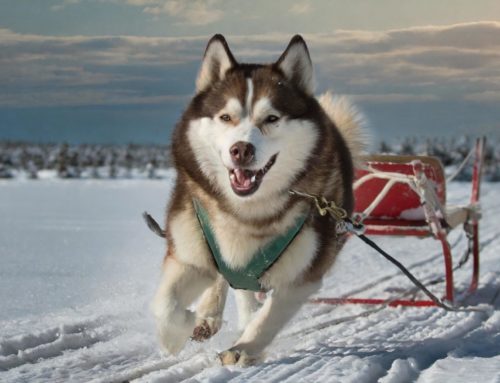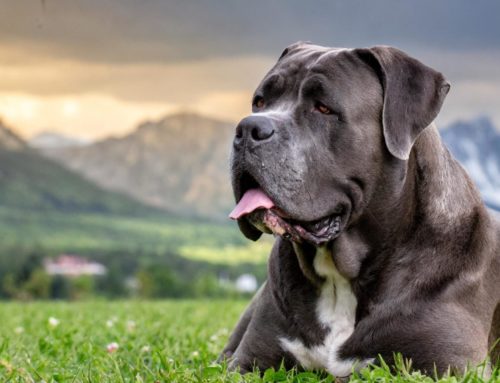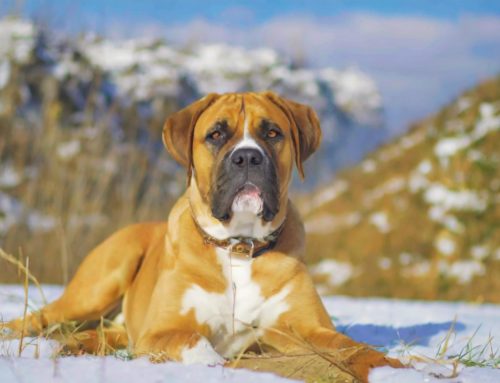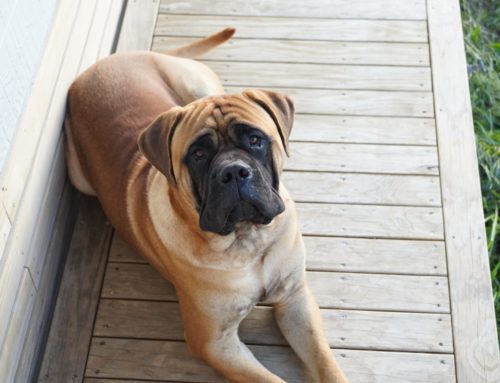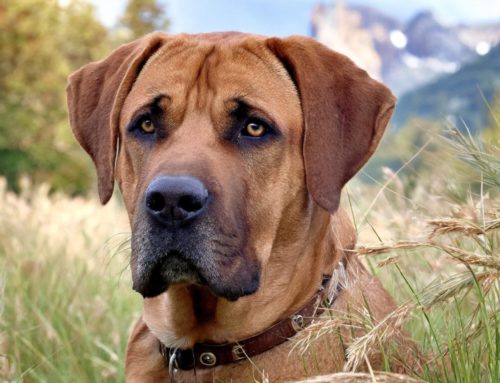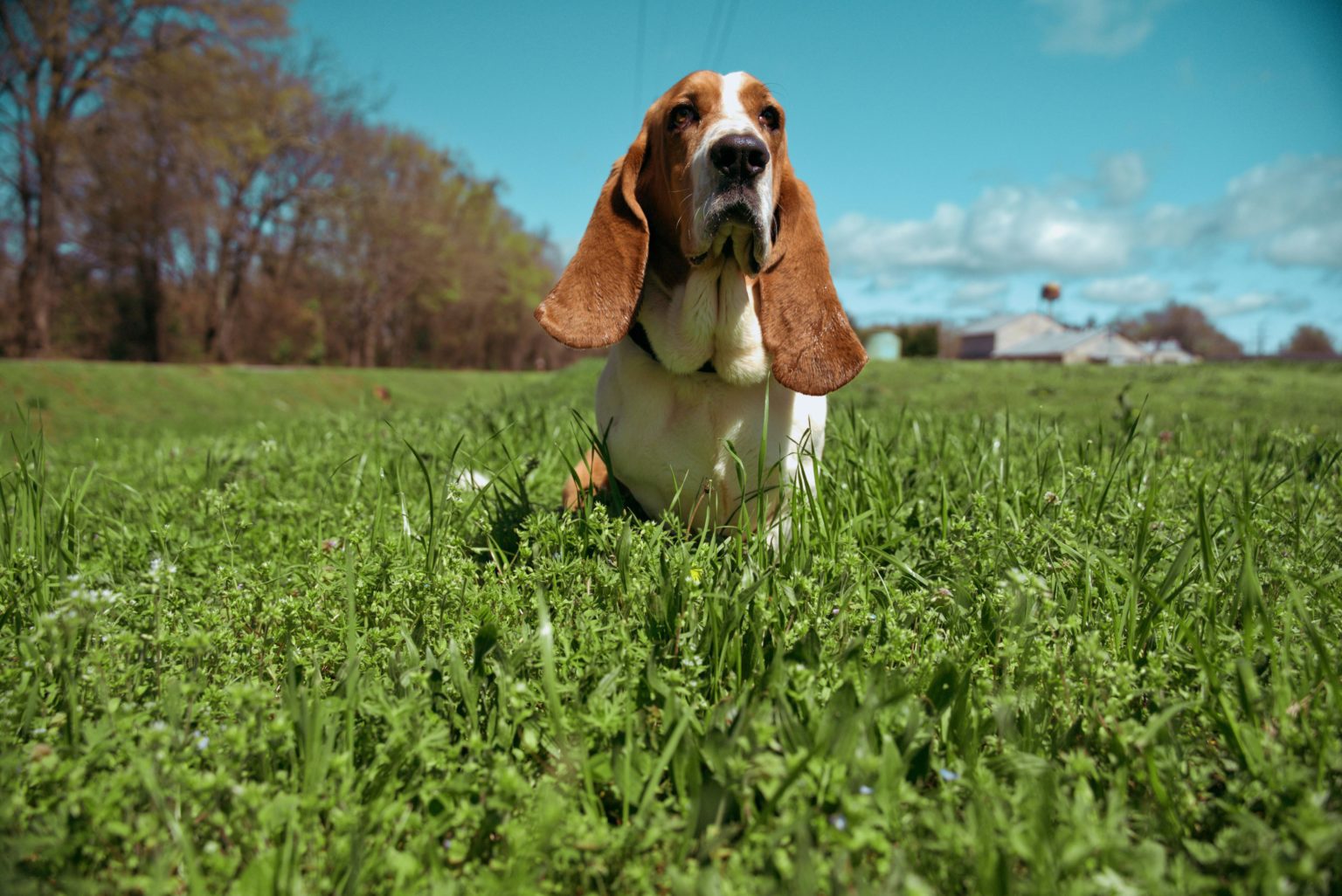
The Basset Artésien Normand, a French basset breed, is known for its long body, short legs and short-haired coat. This breed is part of the ‘running dogs and sweat dogs’ group, as classified by the FCI.
Originating in Normandy, the Basset Artésien Normand was originally used for hunting on foot for small game, mainly thanks to its excellent sense of smell and stamina. The name of this breed refers to the regions of Artois and Normandy in France, where the breed originated. In 1924, the name ‘Basset Artésien Normand’ was officially established.
This breed is a striking appearance with a beautiful head, long pendant ears, and expressive eyes. Although it is a hunting dog, the Basset Artésien Normand is also known as an affectionate and obedient housemate, whose affectionate nature and patient upbringing make it a real family dog.
The Basset Artésien Normand Club Netherlands and other breed associations are committed to the preservation and health of this charming breed
Coat and appearance of the Basset Artésien Normand
The Basset Artésien Normand, a member of the French basset family, stands out for its elongated body and short legs, characteristic of the running dogs and sweat dogs group. This dog breed, known for its stubborn but obedient nature, is an excellent tracking dog with a talent for working independently.
The most striking feature of this dog is its stretched build, with a body that is longer than tall. Its height at withers typically varies between 30 and 36 cm and its weight is around 20 kg, making it a medium-sized breed within FCI Group 6.
Its head is beautiful and long, with long, low-set ears that almost touch the ground and a slightly twisted muzzle. The eyes have a deep, penetrating gaze. The coat of the Basset Artésien Normand is usually tricoloured, consisting of a combination of black, white and brown.
These sturdy dogs have a curved spine and powerful forelegs, which makes them excellent hunting dogs, especially suitable for tracking game.
Hereditary diseases and disorders
A French basset and beloved family dog, the Basset Artésien Normand is known for its long body and determined character.
Although it is a relatively healthy breed, there are some hereditary diseases and conditions that breeders and owners of this dog breed should watch out for:
- Hip dysplasia: A common condition in many breeds, especially long-bodied dogs such as the Basset Artésien Normand.
- Elbow dysplasia: Like hip dysplasia, a condition that affects the joints and can lead to arthritis.
- Eye problems: Includes glaucoma and cataracts, which can affect the dog’s eye line.
- Ear infections: Due to the low-set, long ears, Bassets are prone to ear infections.
- Skin problems: Because of the dense, sometimes curly coat and skin folds, skin infections can occur.
- Epilepsy: A neurological disorder that can occur in some dogs of this breed.
- Intervertebral disc disease (IVDD): A condition affecting the spine, often due to the dog’s unique physique.
- Obesity: Due to their predisposition to obesity, it is important that these dogs get sufficient daily exercise.
The character of the Basset Artésien Normand
The Basset Artésien Normand, with its strikingly long body and distinctive beautiful head with long ears, is a charming character. This breed, which belongs to the group of ‘running dogs’, is known for its friendly and affectionate nature.
These dogs are often fond of children and are known to be real people’s friends. They love long walks and need a good dose of exercise daily to stay healthy and happy. Although the Basset Artésien Normand is naturally very affectionate and a quiet companion, it can also be a touch stubborn.
This requires a consistent upbringing. They are intelligent and learn through play, but can sometimes be stubborn. This requires patience and understanding from the owner. They have a talent for working independently, which makes them excellent for tracking and other dog sports.
These French bassets are often tri-coloured and have a low-set, arched coat. They fit well in a family and are excellent with other pets.
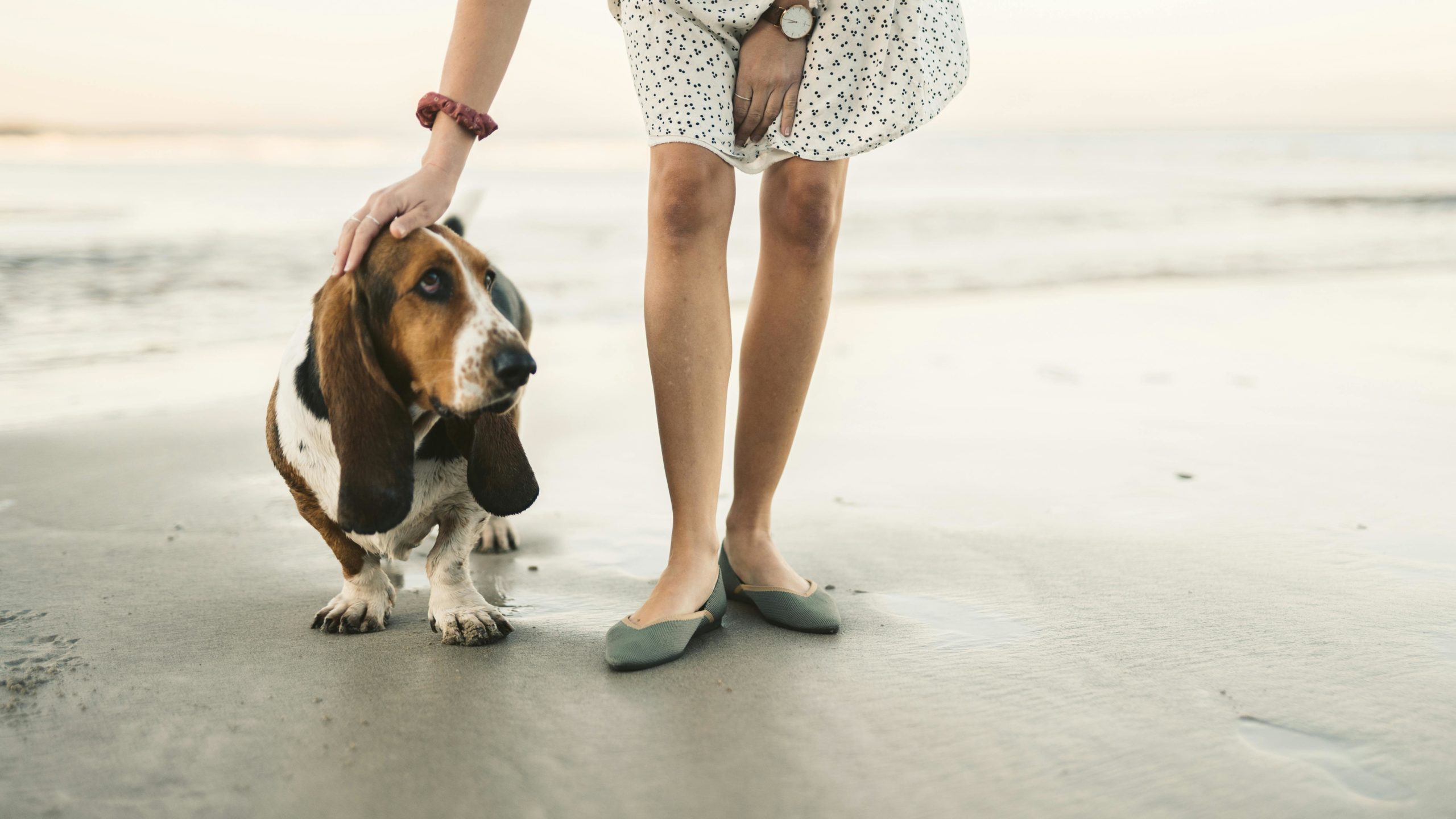
The Care of the Basset Artésien Normand
The Basset Artésien Normand, with its elongated body and distinctive low-set, arched ears, requires careful grooming. This obedient and friendly everyman’s friend needs a daily walk to stay in good condition.
A member of the breed group of ‘running dogs’ and ‘mutt dogs’, it is built for endurance and agility. The coat care of this dog is particularly important. Their long muzzle and unique physique make regular health examinations and attention to hygiene essential.
The long ears, which can almost touch the ground, must be checked and cleaned regularly to prevent infections. Their coat can tangle and requires regular brushing to keep it healthy and tangle-free. This breed is quite an obedient companion that responds well to training. A consistent and loving approach in training is crucial.
Despite their composure and obedience, it is important to start socialisation and obedience training from puppy age.
Socialisation and education
The Basset Artésien Normand, is a dog that benefits from early and consistent socialisation and upbringing. Originally used as a mutt dog, this dog breed enjoys the company of other dogs and people.
Because of their history as a mutt dog, it is important to start socialisation from an early age so that they can interact well with both other dogs and people. Daily brisk walks are essential for this breed, not only for physical health but also for mental stimulation.
It is important to be consistent in raising and training these dogs, given their sometimes stubborn nature. A loving but firm approach works best. Although they are known for their ‘slavish obedience’, this does not mean they do not have a will of their own. They are intelligent and can learn quickly, but require patience and consistency.
How much experience does this breed require
The Basset Artésien Normand, is a breed that can suit both experienced and less experienced dog owners. These dogs are known for their friendliness and affection, but do require consistent upbringing due to their sometimes stubborn nature.
For new dog owners, the Basset Artésien Normand can be a good choice, provided they are willing to put time and energy into raising and socialising the dog.
It is important to remember that this breed was originally bred as a hunting and pack dog, which means they can have a strong urge to track and scout. This requires a certain amount of patience and understanding from the owner.
For experienced owners familiar with working with dogs of this type, the Basset Artésien Normand offers the chance to develop a deep bond and enjoy their loyal and loving nature. Their need for regular exercise and mental stimulation also provides a good opportunity for more active owners to spend time outdoors with their pet.
Is training necessary?
Training is essential for the Basset Artésien Normand, as with any dog breed. This breed is known for its intelligence, but also for a certain amount of stubbornness. This can make training challenging at times, but with the right approach and consistency, the Basset Artésien Normand can grow into an obedient and well-adjusted housemate.
It is important to start training and socialisation early, ideally as a puppy. This helps the dog feel comfortable and confident in various situations and get along well with other dogs and people.
Due to their history as pack dogs and tracking dogs, Basset Artésien Normands have a natural tendency to sniff and follow, which can lead to distractions during training. It is therefore crucial to keep training sessions interesting and motivating.
Positive reinforcement techniques work well with this breed. Rewarding desired behaviour with treats, praise or playtime will be more effective than harsh corrections. Regular, short training sessions are recommended to keep the dog’s attention and encourage their natural curiosity and eagerness to learn.
How much exercise does it need daily
The Basset Artésien Normand, needs a moderate amount of daily exercise. This breed was originally bred for hunting, which means they have a reasonable amount of stamina and energy. However, because of their unique physique, they are not suitable for too intense or prolonged physical exercise.
A daily brisk walk, combined with some playtime, is usually enough to meet their exercise needs. This not only helps keep their bodies healthy, but is also crucial for their mental well-being. The Basset Artésien Normand enjoys sniffing and exploring during walks, which stimulates their natural tracking instincts.
It is important to avoid excessive exercise, especially in young dogs, as their bones and joints are still developing. Care should also be taken with adult dogs, as their physique can make them more susceptible to joint problems such as hip dysplasia.
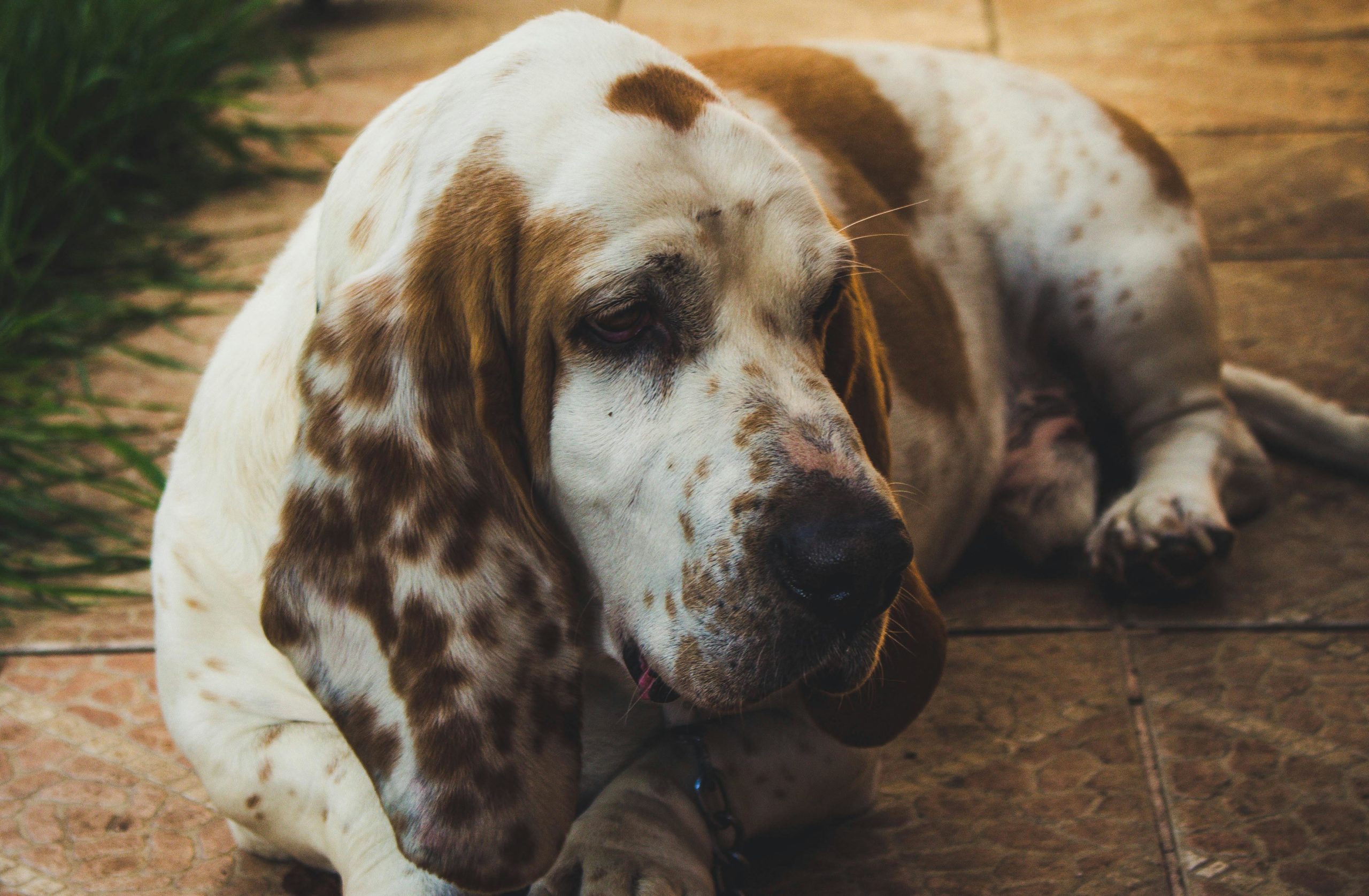
How is it getting along with children?
The Basset Artésien Normand is known as a friendly and gentle dog, which makes it an excellent choice for families with children.
These dogs are usually patient and tolerant, and have an affectionate nature that makes them handle children’s energy and playfulness well. Their calm temperament makes them a calm and stable companion for young family members.
Thanks to their pedigree as a mutt dog, they are generally sociable and enjoy company, both from people and other pets. However, they can be a touch stubborn, which means children need to learn how to treat the dog respectfully and gently.
It is important that children understand how to interact safely with dogs, including respecting the dog’s boundaries.
Benefits of a Basset Artésien Normand
- Affectionate and Family-oriented: These dogs are known for their loyal and loving nature, making them excellent family dogs.
- Good Coping with Other Pets: As a mob dog, they are used to the company of other dogs and get along well with pets.
- Quiet Temperament: They have a calm and even personality, which makes them pleasant housemates.
- Suitable for Different Living Environments: Their adaptability means they can live in both a house with a garden and a flat.
Disadvantages of a Basset Artésien Normand
- Coat Care: Their coat needs regular brushing to prevent tangles and matting.
- Stubbornness: They can sometimes be stubborn, which requires consistent training.
- Exercise needs: They need a good walk daily to expend their energy.
- Potential Health Problems: Like many breeds, they can be prone to certain hereditary health conditions.
Life expectancy
Known for its charming appearance and friendly nature, the Basset Artésien Normand has a reasonably long life expectancy for a dog breed of its size. On average, these dogs can live between 12 and 15 years. Of course, this lifespan depends on several factors, including genetics, living conditions, and the overall healthcare they receive.
